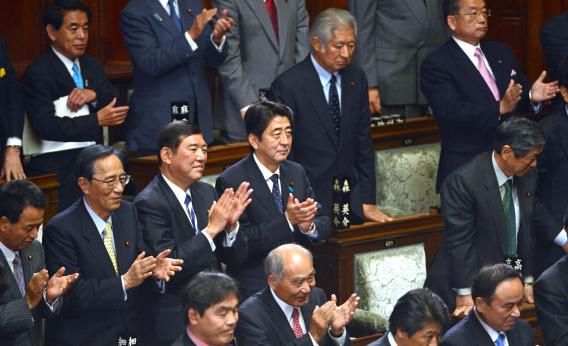Nouriel Roubini tweeted this morning that we should expect “QE wars as proxies for currency wars in 2013 as most economies want net export improvement given anemic domestic demand” which is certainly what I hope happens. Except he thinks this is a “zero sum game.” He elaborates that “If a currency is weaker another is stronger; if a trade balance is improved another is worsened. Zero sum game in currencies/trade balances.”
Obviously countries can’t all increase net exports simultaneously. But that doesn’t mean that coordinated monetary expansion is zero sum. The reason is that currency depreciation is inflationary. Yes, it can increase net exports. But it increases net exports in part by making foreign goods more expensive to domestic buyers (which raises domestic prices in an obvious way) and in part by making domestic goods cheaper to foreign buyers which also makes domestic prices higher by forcing domestic buyers to compete with foreign ones. So any serious effort to pursue expansion via currency depreciation is necessarily an effort to pursue expansion via greater tolerance for inflation. And while all the different countries of the world can’t simultaneously increase net exports they can certainly simultaneously pursue a higher nominal growth path via higher tolerance for inflation.
The consequences of such an approach might be disastrous. Perhaps we’ll just see ruinous investment-distorting inflation. Or they might be great. I see large output gaps that could be sharply narrowed by such a policy. But it’s not zero sum unless the governments pursuing the policy were never serious about it.
